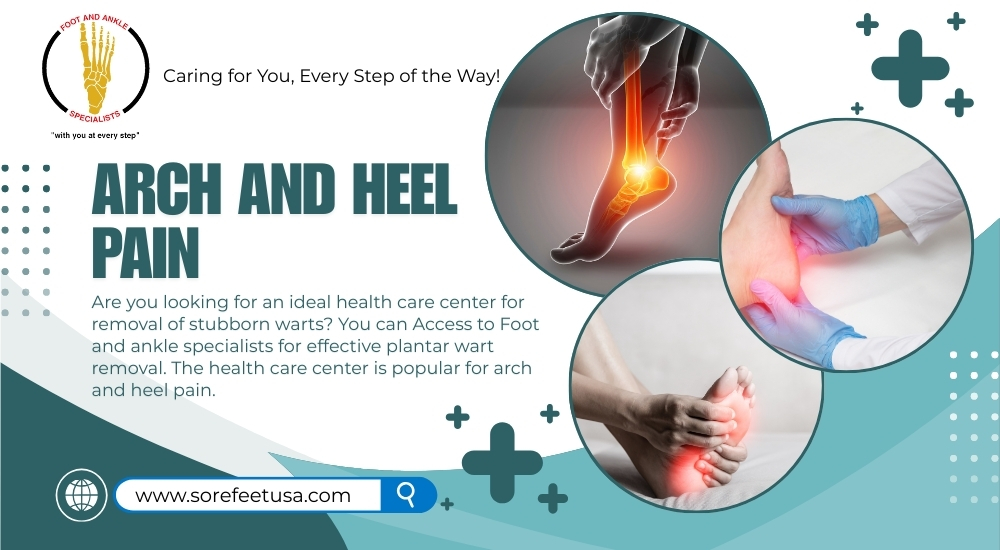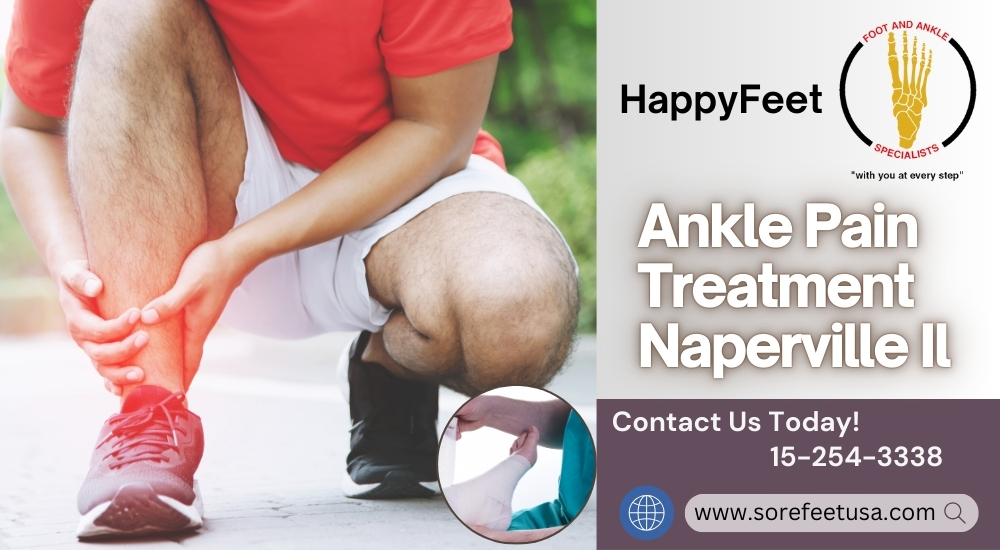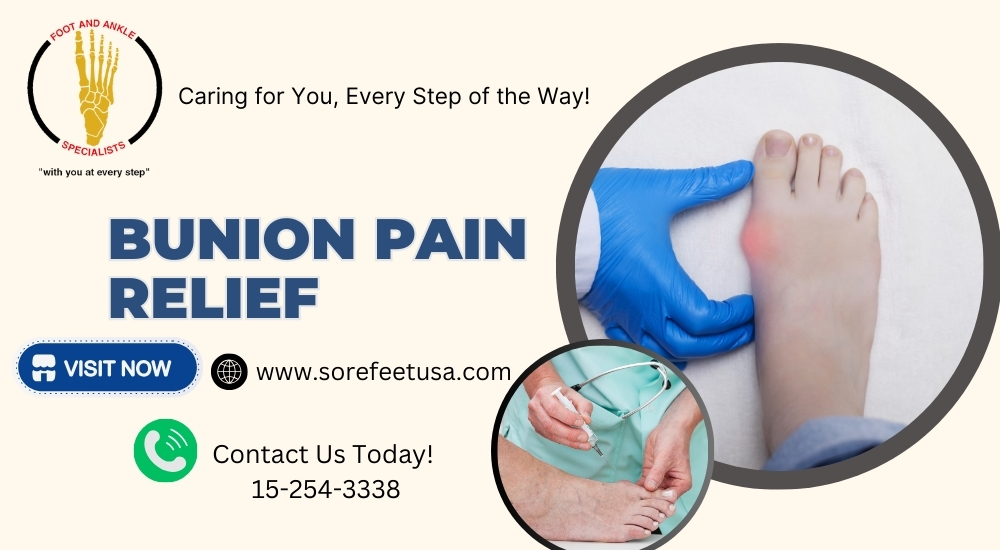You must know that diabetes is a chronic condition characterized by high blood sugar levels. It can have major implications on your foot health. One of the most common complications of diabetes is diabetic foot wounds which can lead to severe infections and even amputations if you do not treat it in time. Thankfully there are effective treatments for Diabetic Foot Wounds in Plainfield that make it very easy for you to treat it. In this guide you can check out the importance of addressing diabetic foot wounds promptly common treatments and other strategies.
Basics about diabetic foot wounds
Before you go for treatments for Diabetic Foot Wounds in Naperville you need to understand what are diabetic foot wounds. They are actually ulcers or sores which develop on your feet if you have diabetes. The wounds often result from a combination of factors like nerve damage and impaired immune function. Without proper care the wounds can become infected leading to severe complications and potentially limb threatening conditions.
The importance of prompt treatment
Prompt treatment for your wounds is very important for preventing complications and promoting healing. If you do not treat it in time it can lead to infections tissue damage and even amputation. By addressing diabetic foot wounds early in time and implementing appropriate treatment you can reduce the risk of complications and improve the outcomes.
Common treatments for diabetic foot wounds
- Wound debridement is all about removing the dead or infected tissue from the wound site to promote healing. This can be done through surgical debridement mechanical or other type of debridement. It all depends on the severity and the nature of the wound.
- Different types of wound dressings can be used to cover and protect your diabetic foot facilitating healing and preventing infection. Some of the examples can include hydrocolloid dressings foam dressings and antimicrobial dressings.
- Topical medications like antibiotic ointments or growth factors might be applied to your diabetic foot wound to prevent any infection, reduce inflammation and promote tissue regeneration. The medicines are often used in conjunction with other treatment modalities.
So you need to know that diabetic foot wound are a serious complication of diabetes that require quick attention and appropriate treatment to prevent complications and promote healing. By addressing these complications in time, you can reduce the risk of infection, ulcers and amputations while improving overall foot health and quality of life. With proper care, support and preventive measures you can take proactive steps easily.
For more details visit our website sorefeetusa.com





















